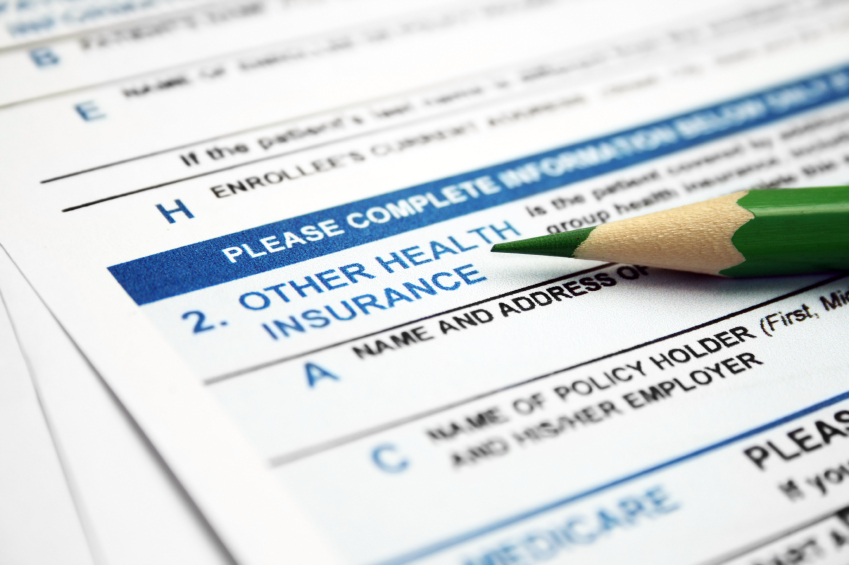If you are about to go in for weight loss surgery, there are risks and complications to be made aware of. Most of them are pretty rare, though some can happen depending on certain factors. Having certain lifestyle habits, not following your doctor’s orders or simply bad luck can increase your risk of these complications or side effects. By knowing the risks and the factors increasing those risks, you can make sure to avoid them as much as possible.
Complications and Risks
It first helps to know exactly what complications and risks that is possible after having weight loss surgery. By knowing what they are, you can make sure to pay close attention to your body and know when and if to speak to your doctor about them. Keep in mind some risks are more common and temporary, while others are more serious but much more rare. Some potential complications and risks of weight loss surgery include bowel obstruction, stricture, bleeding, infection, death, pulmonary embolism, gastrointestinal tract leak, converting to an open procedure, ulcers, gallstones, protein, nerve issues, emotional or mental changes, low blood sugars, complications from anesthesia, kidney issues, vitamin or mineral deficiencies, failing to lose weight or gain weight, or needing a revision surgery.
Unhealthy Habits
The first factor with increasing your risk for complications after weight loss surgery is with your unhealthy habits. This includes what you eat, lack of exercise, and even more serious unhealthy habits like smoking or drinking. You are asked to refrain from drinking caffeine and carbonated beverages because they increase your risk for dumping syndrome. The same is said for unhealthier lifestyle habits like drinking, doing drugs or smoking cigarettes. This is why doctors want to see you quit and get help for substance abuse before ever having weight loss surgery.
Ignoring Warning Signs
There are a lot of early warning signs of complications that you should be looking for. If you choose to ignore them, you are increasing your risk for getting complications and for those worsening over time. Not only should you educate yourself on the possible risks and complications after surgery, but how to notice if you have them. Some warning sign to keep in mind include increased pain instead of pain that starts improving, extreme redness or leaking around the incision side, swelling, burning or itching near the incision site, a foul odor that is reminiscent of an infection, and signs of dumping syndrome like diarrhea, nausea or vomiting after eating.
Pre-Existing Medical Conditions
If you have serious medical conditions before surgery, they may increase your risk for side effects or severe complications after having weight loss surgery. Always inform your doctor of any conditions you have, whether it’s a blood clotting disorder, diabetes, heart disease, or other conditions they should be aware of. In some cases, it changes your ability to get surgery, but in others they simply need to know how to address it during or after surgery.
Dumping Syndrome Risks
One of the risks you need to try and prevent is dumping syndrome. This occurs when food goes through your body too rapidly, entering the bowel. When this happens, you are not getting any nutrients, because everything is passing through and being dumped from your body much too quickly and forcefully. If you are eating too much, too quickly, or eating and drinking the wrong things, you increase your risk for dumping syndrome.
Identifying these risks and complications helps you to reduce the chances of developing them. The more you follow your doctor’s orders after surgery, the better your recovery goes and the lower your risk of complications or dangerous side effects.

